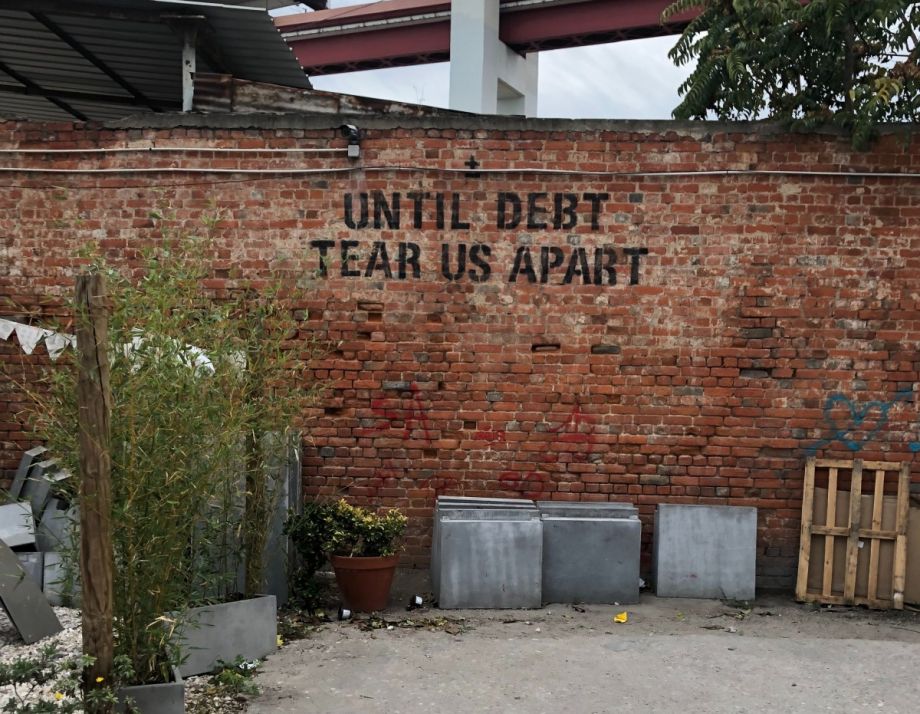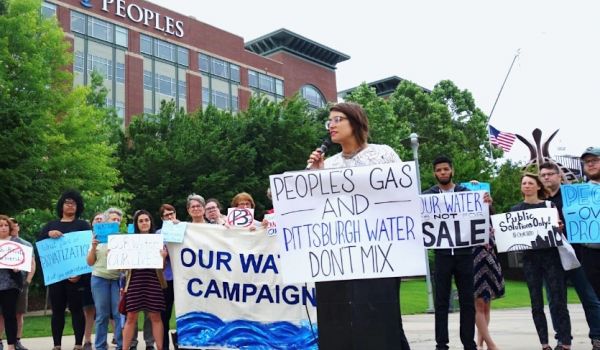EDITOR’S NOTE: “Hear Us” is a column series that features experts of color and their insights on issues related to the economy and racial justice. Follow us here and at #HearUs4Justice.
Since taking office, the Biden-Harris administration has canceled $17 billion in student loan debt. This help has targeted borrowers who attended now-defunct schools, those living with disabilities, public service workers, and individuals with private loans from Navient.
It’s not enough. $17 billion? Not by a long shot. Following a recent meeting with the Congressional Hispanic Caucus, reports are circulating that President Biden is considering additional loan forgiveness within the next few months. However, Biden has also stated that a debt reduction of $50,000 per borrower is off the table, and instead is now considering canceling at least $10,000 of debt per student. He is also considering placing income limits on this support. If he’s serious about advancing racial equity, he will need to reconsider his approach.
While the administration’s actions on debt cancellations have been meaningful to the borrowers they’ve benefited, $17 billion barely scratches the surface of the $1.74 trillion student debt crisis. In April, the Department of Education announced they would take steps to bring borrowers closer to public service loan and income-driven debt forgiveness. This initiative would result in immediate loan cancellation for at least 40,000 borrowers under the Public Student Loan forgiveness program. However, the announcement emphasized borrowers could expect to repay their student loans in the near future. As a Black woman with more than $50,000 in student loan debt, I’m eager to see a more robust debt cancellation policy — because my future depends on it. And as Leslie Mac noted, the borrowers who now qualify for Public Service Loan Forgiveness (PSLF) are only 40,000 out of the 43 million burdened day in and day out by this debt.
Furthermore, this reality doesn’t begin to account for the ways that the ongoing and likely permanent economic impacts of the COVID-19 pandemic and recession have made this student debt crisis worse for borrowers, their families, and the broader economy.
Mere extensions of the student loan pause — on payments, interest, and collections — are inadequate, when millions of indebted households remain trapped in the economic turmoil that has characterized this continuing COVID crisis and the economy before it. If Biden allows payments to resume, he’ll be responsible for helping to wipe out the meager progress of our uneven economic recovery by pushing millions of borrowers further into precarity.
Black graduates remain trampled by student loan debt. This administration already knows that four years after graduation, 48% of Black students owe an average of 12.5% more than what they initially borrowed. And for Black women — the most educated demographic in the U.S. and the people who are drowning in student loan debt and facing more significant burdens in their educational pursuits than their white classmates — little has been done to alleviate their hurdles. Yet these are the people and communities who handed President Biden and Vice President Harris their 2020 victory. Black voters and Black women organizers showed up in part because of the campaign promise to cancel student debt.
These borrowers deserve more expansive provisions for student loan debt cancellation as a remedy for the predatory and racist college financing system that plunged them into a debt sentence. But so far, the Biden-Harris Administration is taking a parsimonious, band-aid approach to a gaping, infected wound — and playing with the lives of the communities that put them in office. Our economy and our people need complete debt cancellation.
There is ample evidence to support the wisdom of canceling student loans rather than relying on incremental fixes to a structural problem. As Biden ponders the next iteration of cancellation, he should consider the most equitable approach to undoing the student loan debt crisis he helped create. The best way to do so is to take a universal approach to debt cancellation, which will release people of color from financial oppression, create long-term relief for all who carry this debt sentence, and give our economy a much-needed, broad-based lift.
Charlisa Goodlet is a policy coordinator at Liberation in a Generation and a lead contributor for the “Remaking Higher Education” section of the Black Women Best congressional report.
















